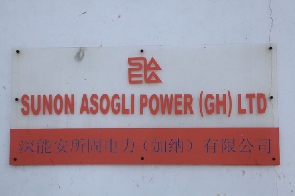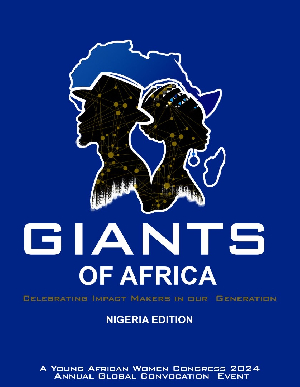In Africa, including Ghana, the political landscape has often been marred by vandalism, malice, acrimony, vilification, and insults.
These negative elements detract from meaningful political discourse, and hinder the development of policies that could effectively address the continent’s challenges.
To rise above this, African politics must focus on governance rooted in integrity and vision. Political engagement should move beyond personal attacks, and prioritize thoughtful discussions about society’s future.
Citizens play a crucial role in this process. It is essential for voters to choose leaders based on feasible policies and initiatives rather than populist rhetoric. A well-informed electorate can demand accountability and encourage leaders to focus on actionable, sustainable development plans. When citizens understand the long-term benefits of good governance, political systems evolve toward transparency and innovation, reducing the influence of corrupt or divisive politics.
Strategic plans
Political policies represent the strategic plans and decisions made by governments to address societal issues and promote the well-being of their citizens. These policies, shaped by political philosophy, reflect ideological stances regarding justice, equality, freedom, and economic development. In Ghana, political parties, primarily the New Patriotic Party (NPP) and the National Democratic Congress (NDC), develop policies that aim to transform the country’s social and economic landscape.
The influence of political policies on established societies can be transformative. Effective policies promote social cohesion, economic growth, stability, and equitable resource distribution. For instance, initiatives focused on education, healthcare, and infrastructure development establish a foundation for long-term prosperity and improved quality of life. Conversely, poor or misguided policies can lead to societal inequalities, economic stagnation, and civil unrest.
Policies over personal attacks
Ultimately, the rise of politics that emphasizes policies over personal attacks is key to unlocking Ghana’s full potential. The country’s future depends on leaders who articulate and implement a vision based on real solutions while citizens engage with the political process through informed decision-making.
By scrutinizing the policies of political parties, voters can make informed choices that align with their needs and the country’s development goals. Policies like industrialization, job creation, education reforms, and healthcare improvements are crucial areas that can transform Ghana and improve the livelihoods of its citizens. Through collective efforts, Ghana can build a more prosperous, equitable, and vibrant society.
The writer is the President of Graduate Students Association of Ghana – University of Professional Studies, Accra (GRASAG-UPSA).
Opinions of Wednesday, 16 October 2024
Columnist: Kwame OB Nartey



















